12 Feb “I was just kidding when I said that!” but you may be liable

Such are the protests of some people who don’t recognize that their behavior or actions may be considered harassment for which you or they may be held liable – sexual innuendo, gay-bashing, comments about someone’s age, weight or ethnicity. It takes a vigilant supervisor or owner to understand what’s right and wrong these days as the law continues to evolve when it comes to workplace behavior. Why? “I was just kidding”can become very, very costly.
Employment practices liability (EPL) involves sexual harassment, discrimination, retaliation, wrongful termination and other aspects of workplace relationships. Failure to hire or promote a person also falls into this widening realm of employment disputes.
Employment practices has become an expanding field of conflict and litigation. The Americans with Disabilities Act, the Civil Rights Act, Family and Medical Leave Act and others have been enacted to protect against employer abuses, however, the laws also have opened employers to liability claims that may be unwarranted but, nevertheless, costly.
Whenever a claim is made, most employers have to retain an attorney to determine the facts of an allegation and defend them. In some cases, the employer needs to be represented in front of a human rights commission or in a court of law. Even though about 75 percent of such claims are considered groundless, they absorb thousands of real dollars and untold hours of company time to resolve issues one way or the other. Chubb Insurance Company’s 2010 Private Company Risk Survey said average defense costs in the previous five years ran at more than $50,000.
Data from the U.S. Equal Employment Opportunity Commission(EEOC) indicate a growth of nearly 25 percent in their federal cases between 2005 and 2010. That does not account for all the state-level actions or disputes that end in negotiated settlements.
What many employers may not realize is that insurancec overage for defense and settlement of claims is not automatically covered by their general liability insurance policies. Insurance coverage has to be bought as an endorsement or purchased separately. With the passage and expansion of various state and federal laws, it is imperative that employers evaluate their exposure and determine how much coverage they need.
What should an employer do to protect themselves from such claims?
- Create clear and consistent recruiting and hiring procedures that refrain from asking questions prohibited under law.
- Understand employer requirements when testing employees or applicants for medical, drug and alcohol, psychological or other indicators of job suitability or performance.
- Be clear that harassment is prohibited and will not be tolerated in the workplace and establish procedures to deal with harassment claims should they occur.
- Adopt a set of personnel policies that address evaluations, discipline, corrective actions, termination, layoffs and other aspects of the employee-employer relationship.
- Check your state laws for required sexual harassment prevention training of employees and management. Maine, for example, requires all employers with 15 or more employees to provide such training.
Above all, act fairly, openly and honestly. The Golden Rule is not in statute but surely will help guide you in what constitutes appropriate workplace behavior.
If you have any questions about protecting your organization, contact us at Clark Insurance to learn more about EPL. Know kidding? We do know kidding and can advise you how to keep it light.
Photo by Trinity



